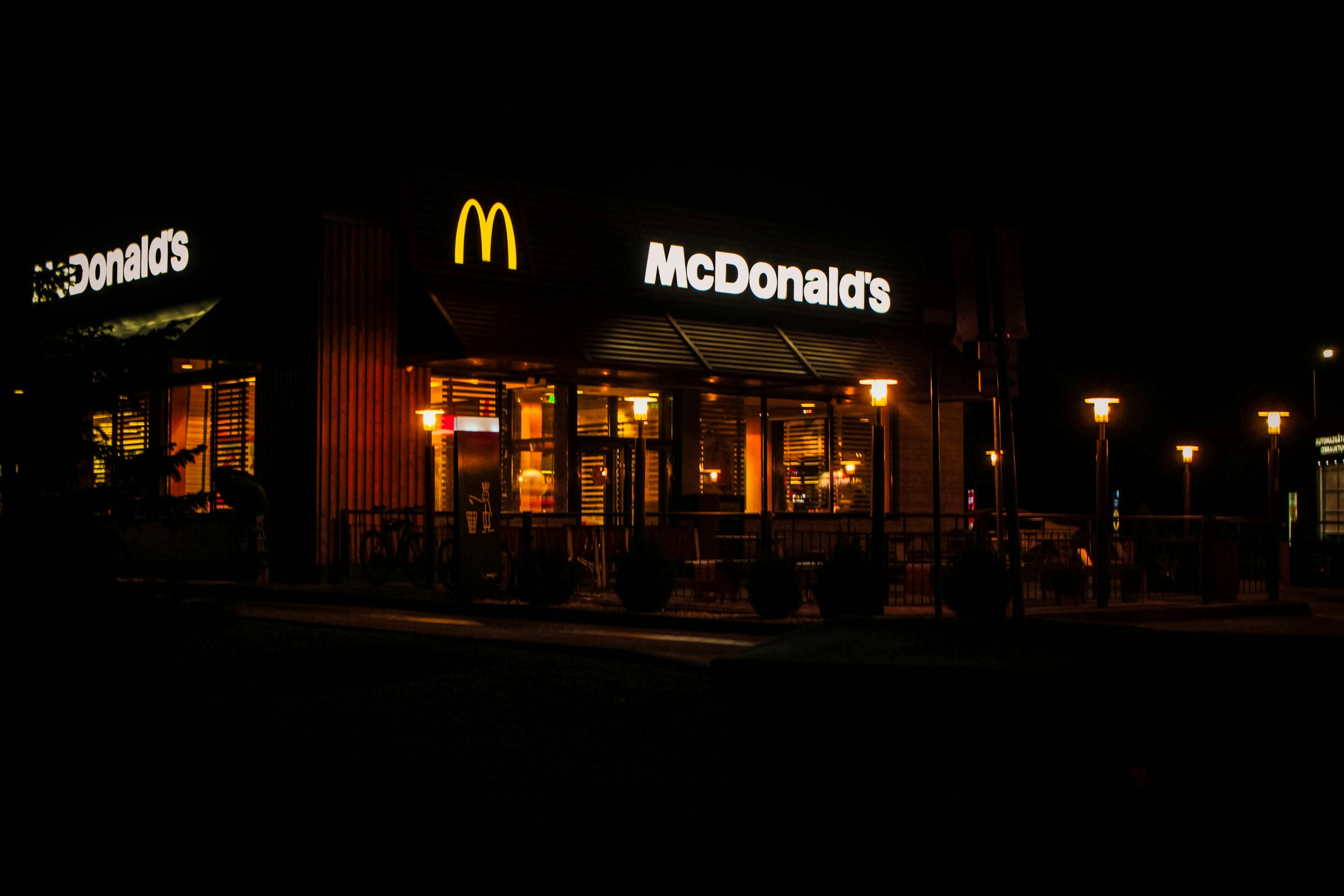McDonald’s didn’t just build a fast-food empire on burgers and fries—it built it on the idea of predictable value. For decades, the Golden Arches meant affordability at scale. Whether in downtown Chicago or suburban Kuala Lumpur, customers knew what a dollar could get them. The chain’s value menu strategy, including its iconic “Dollar Menu,” wasn’t a side dish—it was central to how the brand anchored itself in a consumer’s wallet.
But that equation has shifted. As inflation redefined “cheap,” McDonald’s pricing lost its edge. In the US, its core customer base—lower-income consumers—has become more price-sensitive, even as average check sizes rose due to strategic upsells and delivery costs. The result? A strategic mismatch between pricing moves and brand perception. Traffic is down, perception of affordability is fading, and competitors are moving in to capture the “true value” segment.
Now, the chain is trying to fix it—not just with nostalgia but with a rethink of the bundle math.
The numbers tell a clear story. McDonald’s reported a drop in US foot traffic in early 2025, with same-store sales up mostly due to price increases, not customer volume. That’s a dangerous signal for a brand that once equated volume with value. Customers are noticing that their usual McDouble meal now costs several dollars more, and a la carte pricing feels unpredictable.
McDonald’s franchisees have also pushed back. Many opted out of systemwide value promotions in recent years, arguing they couldn’t maintain margin at the corporate price points. That created inconsistency—and inconsistency is poison for a global brand whose promise is uniformity.
The erosion of the value proposition isn’t just about prices going up. It’s about value signals becoming muddy. When customers don’t know whether they’re getting a deal or not, the brand starts to feel premium—but not in a good way. And in this case, “premium” means “maybe I’ll go to Chick-fil-A or Wendy’s instead.”
At the heart of the problem is a deeper structural contradiction: McDonald’s franchise model is built for scale, but its operational margin depends on local unit economics. A central brand strategy of “value first” doesn’t always align with franchisee constraints—especially in high-cost geographies or under tight labor conditions.
The classic Dollar Menu worked in a different cost era. Today, the same burger includes higher wages, more expensive inputs, and delivery aggregator fees. McDonald’s central pricing logic tried to hold onto “value” while letting delivery, limited-time offers, and app-exclusive bundles carry the margin. But the outcome has been confused messaging—and a consumer sense that true value now lives elsewhere.
Even promotions like the $5 Meal Deal, announced for summer 2025, reveal the strain. It’s not systemwide. Not all franchisees are participating. And it only runs for a limited time. That doesn’t rebuild value perception. It highlights that McDonald’s can’t commit.
Wendy’s, once a second-tier challenger, has executed a cleaner value play in this climate. Its 4-for-$4 and $5 Biggie Bag deals have been consistent, available across locations, and strongly marketed as recession-friendly options. The result? Better retention of value-conscious consumers, particularly in Gen Z and millennial segments.
The lesson here is less about menu innovation and more about value signal discipline. McDonald’s experimented with price-tier menus, app-only deals, and variable pricing—but lacked a consistent narrative. Meanwhile, Wendy’s kept the offer simple and repeated it. Even Taco Bell, despite operating in a more chaotic pricing space, has leaned into value-bundling with digital-exclusive deals that actually deliver savings.
The common thread among better performers: a unified story. Not just "value exists," but "this is what value looks like, and it’s always here."
McDonald’s misstep isn’t simply that prices rose. All prices rose. It’s that the brand broke the trust loop between consumer expectations and checkout reality. When a brand historically known for affordability starts feeling like a gamble, it loses more than a few dollars of margin—it loses strategic clarity.
What executives missed is that value is a perception game powered by consistency. Once customers start wondering whether they’re overpaying, loyalty fractures. That’s especially dangerous in low-margin, high-frequency categories like QSR, where substitution is frictionless and price transparency is one Google search away.
The attempted fix—temporary deals, app bundling, and selective franchisee participation—may patch revenue. But it won’t fix trust unless it rebuilds pricing reliability.
McDonald’s can still regain its value leadership. But it has to pick a lane. Value leadership isn’t compatible with pricing ambiguity or fragmented franchise execution. The real play isn’t about inventing a new deal—it’s about delivering a simple one, every day, in every location, with price clarity that customers don’t have to second-guess.
Because in the end, “value” isn’t a meal deal. It’s a promise. And promises are only powerful when they’re kept.





-3.jpeg&w=3840&q=75)


.jpg&w=3840&q=75)





